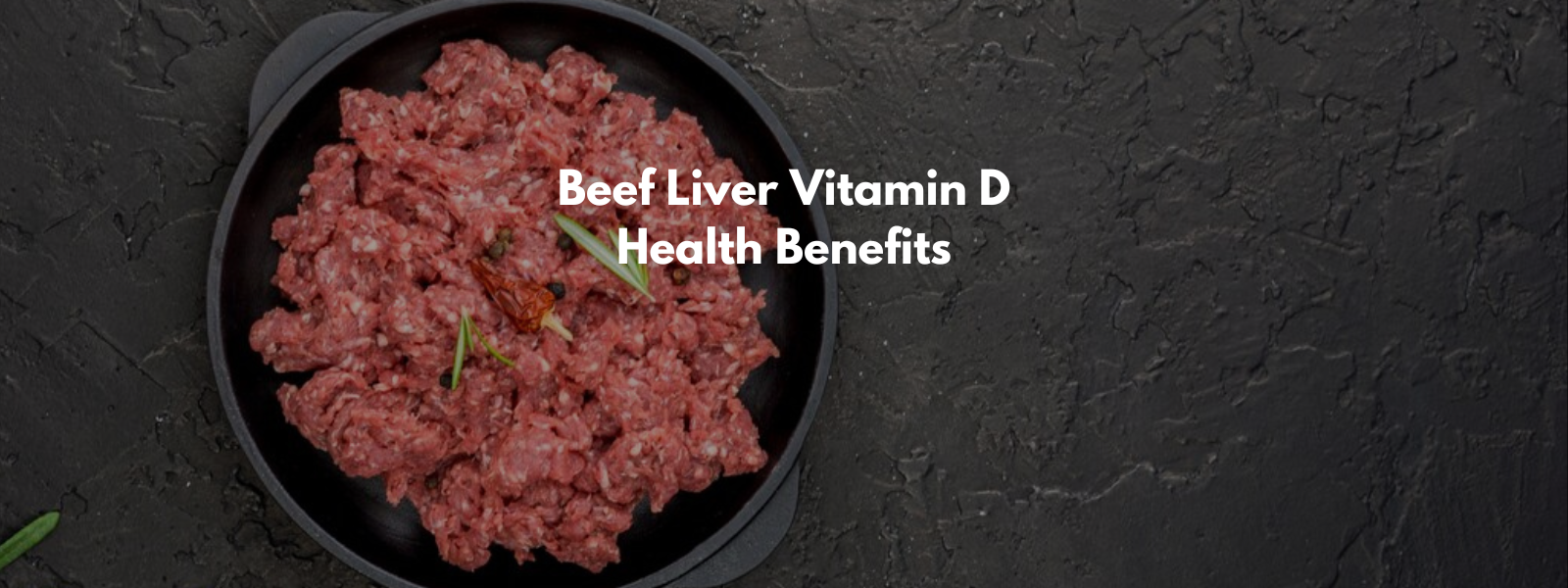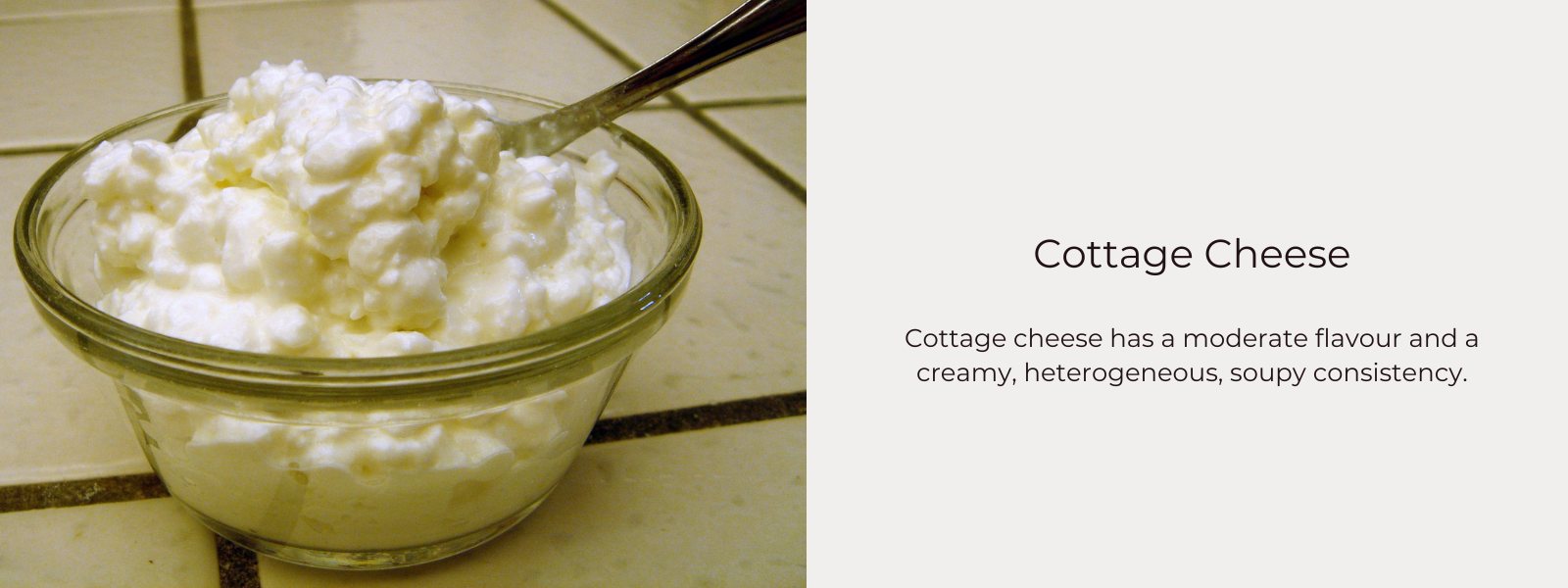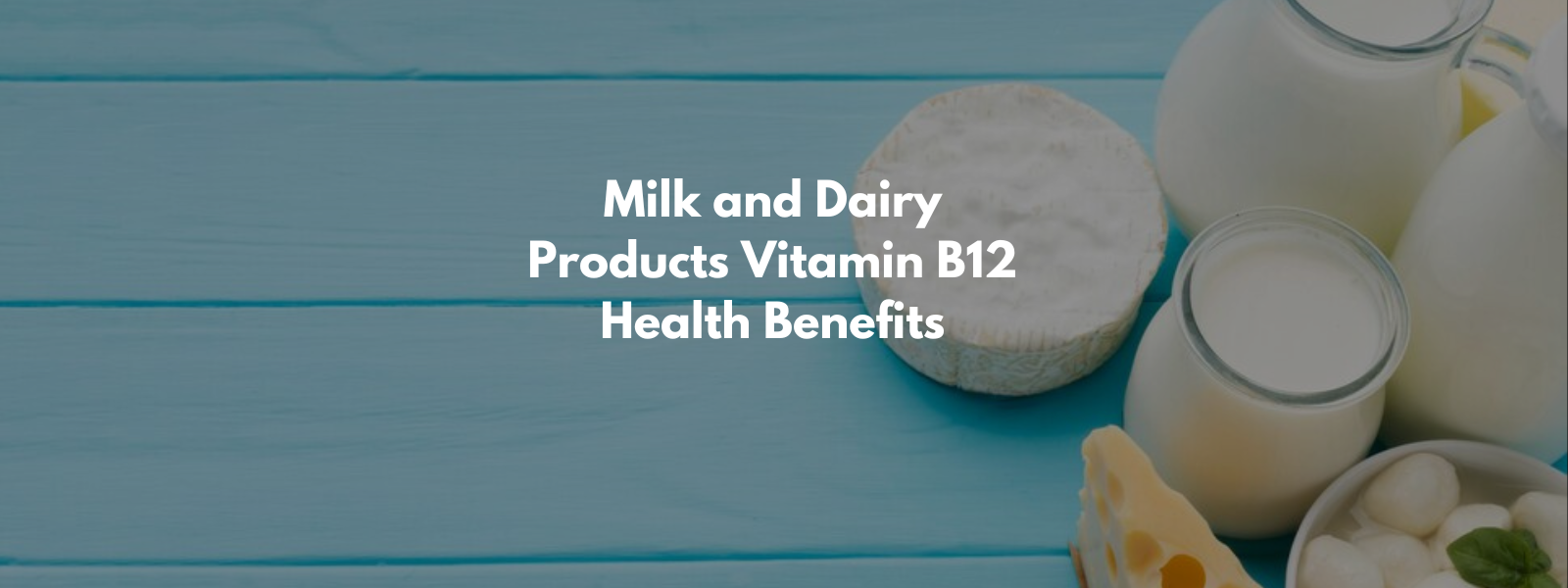Cheese is a nutrient-dense dairy product that offers numerous health benefits due to its vitamin D content. This essential nutrient is crucial for bone health as it aids in calcium absorption, helping to maintain strong bones and teeth and reduce the risk of osteoporosis. Additionally, vitamin D in cheese supports immune function by enhancing the body's ability to fight off infections. It also contributes to cardiovascular health by regulating blood pressure and reducing inflammation, thereby lowering the risk of heart disease. Furthermore, adequate vitamin D levels are linked to improved mood and mental health, as well as better muscle strength and function, which is vital for overall physical performance and mobility. Incorporating cheese into your diet can thus significantly contribute to your overall well-being.
Table of Contents
What Makes Cheese a Rich Source of Vitamin D?
Cheese is not only a tasty dairy product but also a significant source of vitamin D, attributable to several factors:
- Milk Source: Cheese is made from milk, which naturally contains vitamin D. Cows that are exposed to sunlight or fed vitamin D-enriched feed produce milk with higher levels of this vitamin.
- Fortification: Some cheeses are fortified with additional vitamin D during production, enhancing their nutritional value.
- Concentration: The cheese-making process concentrates the nutrients present in milk, including vitamin D, making cheese a more nutrient-dense food.
Health Benefits of Vitamin D from Cheese
Incorporating cheese into your diet offers numerous health benefits due to its vitamin D content:
- Bone Health: Vitamin D is crucial for calcium absorption, which is essential for maintaining strong bones and teeth. Consuming cheese can help reduce the risk of osteoporosis and fractures by supporting bone density.
- Immune Support: Adequate vitamin D levels enhance the immune system's ability to fight off infections and illnesses by activating immune cells that defend against pathogens.
- Cardiovascular Health: Vitamin D helps regulate blood pressure and reduce inflammation, contributing to overall heart health and lowering the risk of cardiovascular diseases.
- Mood and Mental Health: Sufficient vitamin D levels are linked to a lower risk of depression and improved mood, as vitamin D receptors are present in the brain, indicating its role in cognitive function and emotional regulation.
- Muscle Function: Vitamin D is essential for muscle strength and function, supporting overall physical performance and mobility. It aids in muscle contraction and reduces the risk of muscle weakness and falls, particularly in older adults.
Ways to Incorporate Cheese into Your Diet
Cheese can be included in your diet through various delicious and nutritious recipes:
- Snacking: Enjoy cheese on its own as a snack or paired with fruits, nuts, and whole-grain crackers.
- Salads: Add crumbled or shredded cheese to salads for added flavor and nutrition.
- Sandwiches and Wraps: Use cheese slices in sandwiches and wraps for a tasty and nutritious addition.
- Casseroles and Bakes: Incorporate cheese into casseroles, lasagnas, and baked dishes for a rich and creamy texture.
- Pasta and Pizza: Top pasta dishes and pizzas with your favorite cheese for a satisfying meal.
- Omelets and Scrambles: Add cheese to omelets and scrambled eggs for a nutrient-packed breakfast.
Best Cheese Recipes for Vitamin D Intake
- Cheese and Veggie Omelet: Whisk eggs with your choice of cheese, add diced vegetables, and cook in a skillet for a nutritious breakfast.
- Cheesy Spinach Dip: Combine cheese with spinach, garlic, and Greek yogurt for a delicious dip served with whole-grain bread or vegetables.
- Grilled Cheese Sandwich: Make a classic grilled cheese sandwich with whole-grain bread and your favorite type of cheese.
- Macaroni and Cheese: Prepare a homemade mac and cheese using a blend of cheeses for a creamy and comforting dish.
- Cheese-Stuffed Peppers: Fill bell peppers with a mixture of cheese, quinoa, and vegetables, then bake until tender.
Conclusion
Cheese is not only a versatile and delicious food but also a valuable source of vitamin D, providing numerous health benefits. From supporting bone health and enhancing immune function to promoting cardiovascular health, mood stability, and muscle function, the vitamin D in cheese plays a vital role in maintaining overall well-being. By incorporating cheese into your diet through various recipes, you can enjoy its health benefits and contribute to a balanced, nutritious diet.











Leave a comment